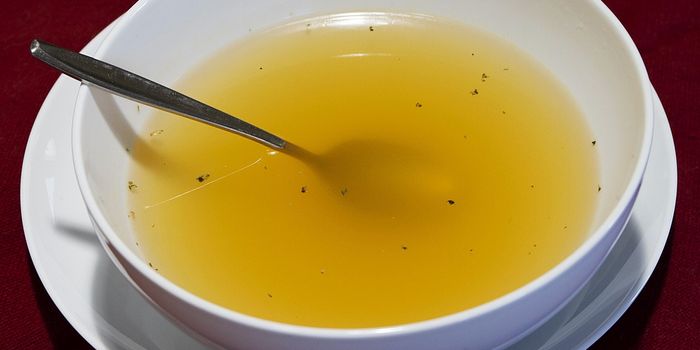More than 100 million Americans are victims of chronic pain, resulting in annual costs of approximately $600 billion in medical care and lost productivity.

When doctors tell patients that their pain is all in their head, they may not be entirely wrong. A study at the University of Texas (UT) at Dallas - funded by the university of Texas at Dallas, the National Institutes of Health and the Rita Allen Foundation - attempts to clarify the role that dopamine plays in maintaining the sense of chronic pain transmitted to the brain by nerve signals, according to a paper published in the Journal of Neuroscience and reported in by Catharine Paddock, Ph.D., in Medical News Today (http://www.medicalnewstoday.com/articles/293713.php).
On its website, the University of Texas explains that dopamine, one of the neurotransmitters playing a major role in addiction, is a chemical messenger is similar to adrenaline that affects brain processes responsible for controlling movement, emotional response and ability to experience pleasure and pain. Dopamine regulation plays an important role in mental and physical health. For instance, in diseases like Parkinson's, dopamine-transmitting neurons die, subjecting the patient to pain that can be relieved by drugs that can help the brain to produce the neurotransmitter (http://www.utexas.edu/research/asrec/dopamine.html).
The recent study showed that in chronic pain, nerve cells keep sending pain signals to the brain even in the absence of injury. Dopamine may play a key role in maintaining this chronic pain. The researchers "traced the path of pain signals between the brain and spinal cord in mice and found removing a group of dopamine-containing cells selectively reduced chronic pain," the article explained. Ted Price, senior author of the study and associate professor in behavioral and brain sciences at UT Dallas, believes that "the study reveals a new role for dopamine in helping maintain chronic pain states, and suggests: ‘This may open up new opportunities to target medicines that could reverse chronic pain.'"
According to the article, "In acute pain, when we suffer an injury, pain signals travel like electricity from the site of the injury to the spinal cord, which passes them on in the form of other chemical or electrical pulses that in turn are relayed to brain cells that distribute them throughout the brain. In people with chronic pain, their nerve cells continue to send pain signals to the brain - even in the absence of injury - but the causes of this are not known."
The brain has several pain centers. Chronic pain appears to change they way that they are activated. The study demonstrated that targeting A11 dopamine-containing cells permanently reversed chronic pain in mice while having no affect on acute pain. Prof. Price and his group did the study to take a closer look at the effect of dopamine. When using a toxin that affected A11 neurons, they discovered that acute pain signals were still normal, but chronic pain was gone. The researchers believe that their study "increases our understanding of the causes of chronic pain and the factors that contribute to it, which should eventually lead to more effective treatments," according to the article.
Prof. Price concluded, "In future studies, we would like to gain a better understanding of how stress interacts with A11. And we'd like to know more about the interaction between molecular mechanisms that promote chronic pain and dopamine."
Source: Medical News Today









